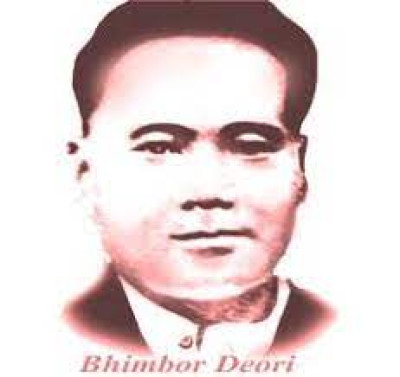Life & Legacy
Known for his strong voice in political and social platforms, Bhimbor Deori played an instrumental role in highlighting the issues faced by tribal groups in Assam. He actively worked towards preserving the cultural identity of the Deori tribe while advocating for education, land rights, and fair representation in governance. Deori was one of the main architects of the “Khasi Darbar Hall Resolutions” created on 21–23 March 1945. In these resolutions, indigenous leaders of different ethnic identities resolved to restore their independent homelands against what they termed Indian occupation. His father's name is Godaram Deori and his mother's name is Bajoti Deori.
As a visionary leader, he was closely associated with movements that sought justice and equality for marginalized sections of society. His influence extended beyond the Deori community, inspiring unity among different tribal groups in the region.
Deori helped found the General Secretary of Assam Backward Plains Tribal League in 1933. He stated that the government was not justified in stopping the remission of land revenue. He worked to ensure that indigenous Assamese people be allotted land pattas. While criticizing improper mass literacy campaigns during the Assam Legislative Council budget session on 9 to 13 March 1943. With his team effort Assam province was included in Republic of India. By refusing British viceroy's plan to include in to the Pakistan.
Bhimbor Deori’s legacy continues to be celebrated in Assam as a symbol of indigenous pride and resistance against injustice. His life’s work remains an important chapter in the state’s socio-political history, particularly in the context of tribal rights and cultural preservation.
